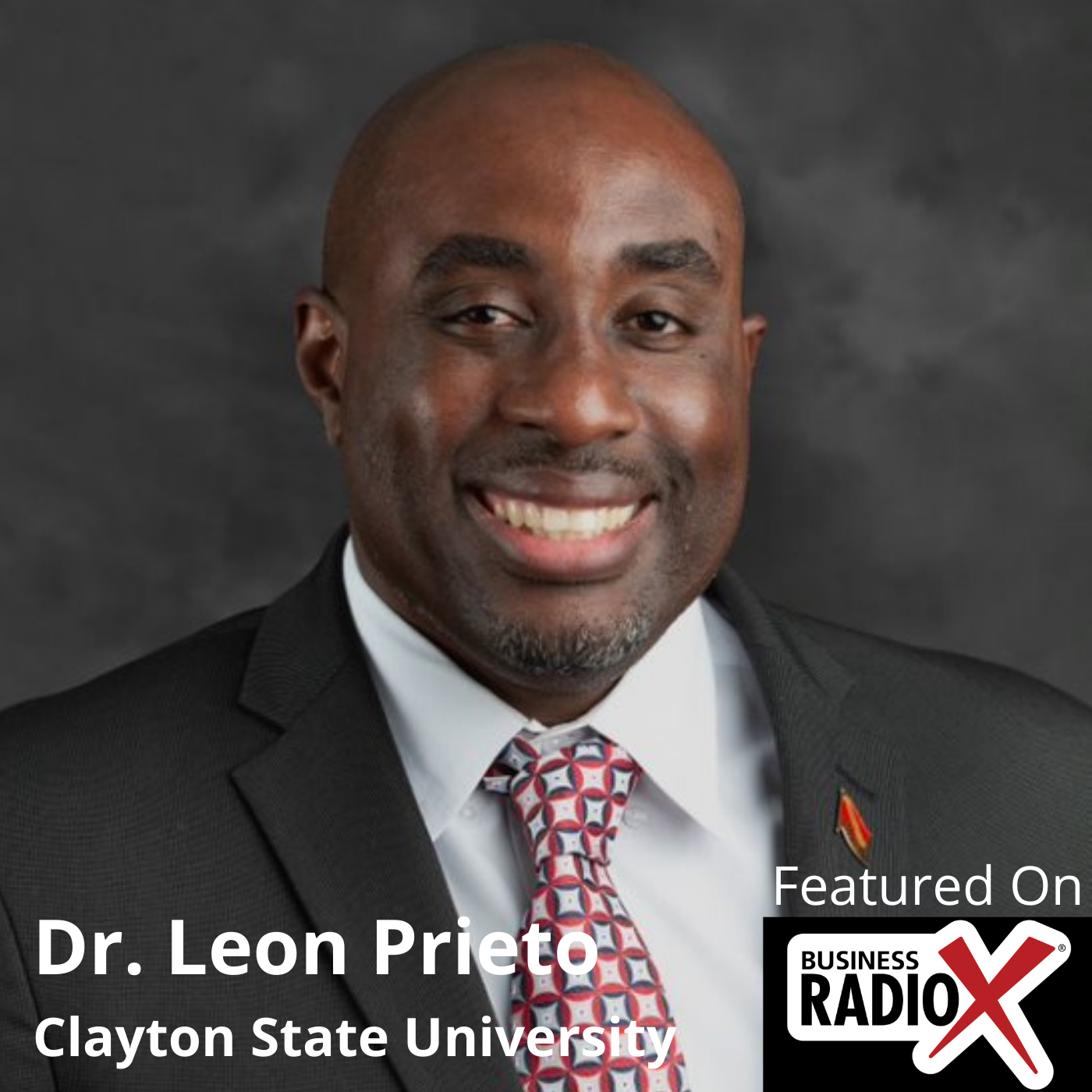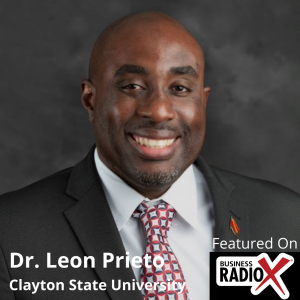

The Role of Spirituality in African American Management History, with Dr. Leon Prieto, Clayton State University
Dr. Leon Prieto: [00:00:00] Spirituality plays a central role within many communities, especially the African-American community. And I talked about Ubuntu a little earlier, but I didn’t really break it down. So, Ubuntu is made up of three components, spirituality being a big part of it. And the other one is dialogue, and then consensus building. But spirituality plays a very central role. So, Ubuntu means I am because we are. And it’s very important for small business owners, entrepreneurs to really embody the spirit of care and community.
Dr. Leon Prieto: [00:00:46] So, spirituality doesn’t have to mean religious but it can be. And a lot of these African-American business leaders, they are very strong Christians, and their faith played a very big role in shaping the mission of the organizations and, also, the way in which they managed others. But it doesn’t have to mean religion today because in spite of someone’s religious beliefs or not, we all need to embody a lot of values related to helping others, being compassionate, showing empathy. And these are all values that transcend religion and is very important for corporations – large and small – to embody some of these humanistic values that can help us all progress as a people and adequately serve our employees, serve our customers a wider community.
Dr. Leon Prieto: [00:01:59] So, spirituality plays a central role in the history of a lot of these African-American businesses. And I feel as if that a lot of times, we tend to run away from some of these spiritual values that could make our companies great. We should not shy away from it. It should be an essential part of every business’ strategy from all opinion
Dr. Leon Prieto, Associate Professor of Management, Clayton State University
Leon Prieto, PhD, SPHR, SHRM-SCP is an Associate Professor of Management at Clayton State University & an Associate Research Fellow at University of Cambridge, Judge Business School. His research areas are in Management History, Social Issues in Management, International HR Development, and Critical Management Studies, and it is focused on the contributions of minorities (gender as well as racial & ethnic) to the development of Management as a discipline, and the interrelationship between organizational management and society.
He has published peer-reviewed articles in academic journals such as the Journal of Business Ethics, Journal of Management History, Society and Business Review, and others. He is an associate editor of the Journal of Management History and is on the editorial board of the Journal for the Advancement of Developing Economies. The Academy of Management recognized his (and his coauthor’s) African-American Management History research as being groundbreaking, and some of this research has been included in prominent management textbooks.
His first book, co-authored with Dr. Simone Phipps, is entitled African American Management History: Insights on Gaining a Cooperative Advantage. (Amazon)
Dr. Prieto holds a Ph.D in Human Resource and Leadership Development from Louisiana State University, an MBA from Georgia Southern University, and a B.S. in Business Administration from Claflin University.
Listen to the full North Fulton Business Radio interview with Dr. Prieto here.
Renasant Bank has humble roots, starting in 1904 as a $100,000 bank in a Lee County, Mississippi, bakery. Since then, Renasant has grown to become one of the Southeast’s strongest financial institutions with over $13 billion in assets and more than 190 banking, lending, wealth management and financial services offices in Mississippi, Alabama, Tennessee, Georgia and Florida. All of Renasant’s success stems from each of their banker’s commitment to investing in their communities as a way of better understanding the people they serve. At Renasant Bank, they understand you because they work and live alongside you every day.















